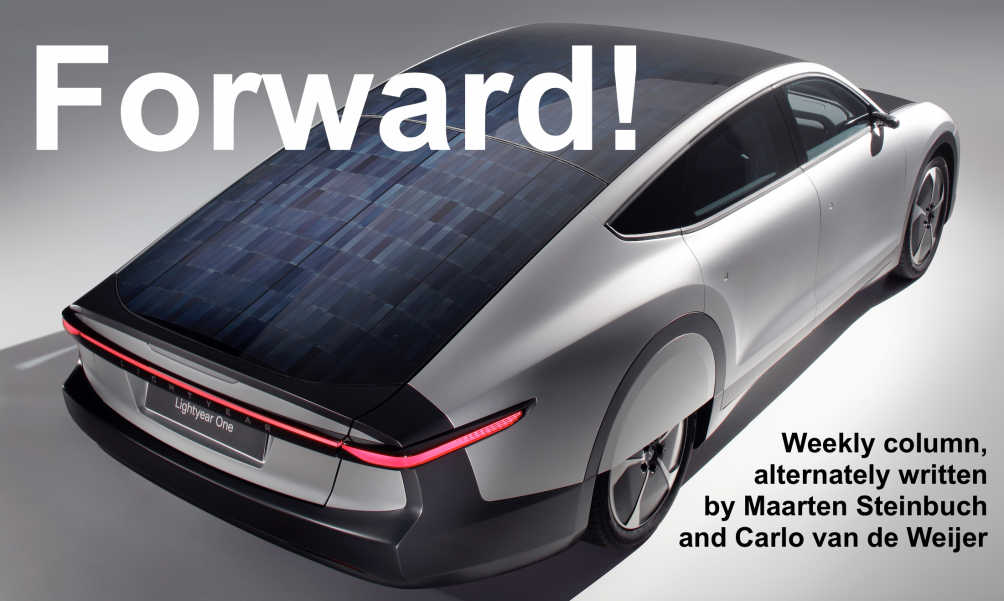
With energy prices exploding, the question is legitimate whether this is going to slow the growth of electric driving. After all, doubling the kilowatt-hour (kWh) price from, say, €0.20 to €0.40 is very hefty. How would the average car driver react if gasoline went up from €2 to €4 per liter within a few weeks? I think the Malieveld would be filled with indignant car owners. The new cabinet would be exhorted to take direct action not to curb the freedom of car use. It hasn’t come to that yet. Fortunately, there is now action to partially compensate for the consequences of high gas prices. After all, these are actually the cause of the increase in electricity rates.
For electric car drivers, the effects of the price increases are limited for the time being. Measured in absolute terms, electric driving is cheap anyway, apart from the depreciation at the time of purchase. The maintenance costs are very low, the cost per kilometer is also lower than for a fossil-fueled car. For €2, a liter of gasoline can easily cover twenty kilometers in a gasoline-powered car, with some careful use. Until now, for €2 you could also buy almost ten kilowatt hours of electric energy. This would enable you to travel fifty to sixty kilometers in an electric car. If the price were to double, it would still be cheaper than the petrol variant.

Maarten Hachmang, co-founder of LaadpaalTop10, has made a nice and clear blog about this topic. The variation of costs for electric refueling appears to be many times greater than for regular refueling. This is because electricity is available everywhere: at home, at work, at shopping malls, along the highway, at public charging stations et cetera. The existence of all these possibilities makes the costs highly dependent on the energy contract and the objective of the owner of the charging stations. For example, there are more and more stores that allow refueling with green electricity without charging extra. For example, at three hundred Lidl branches electric refueling is completely free.
For people with their own charging station in the driveway, charging is also very cheap, especially if you have a long-term contract with your supplier. The same goes for most public charge points and chargers along highways: they usually have long-term contracts, with price increases not an issue now. If the recent increase does not turn out to be a seasonal effect, I expect that at least next summer, when the sun is shining brightly, smart charging will get an extra boost.
An additional positive effect of the price increases is that solar panels, heat pumps, and especially insulation of homes now have a shorter payback period. The people who really suffer are those who have just bought a house, often at a considerable price. They have to take out a new energy contract. If they also have an electric car, I would advise them to shop around for electricity: at stores, at work, and among friends and acquaintances. That can make a difference of ten euros on a full battery.
Maarten Steinbuch and Carlo van de Weijer are alternately writing this weekly column, originally published (in Dutch) in FD. Did you like it? There’s more to enjoy: a book with a selection of these columns has just been published by 24U and distributed by Lecturis.
